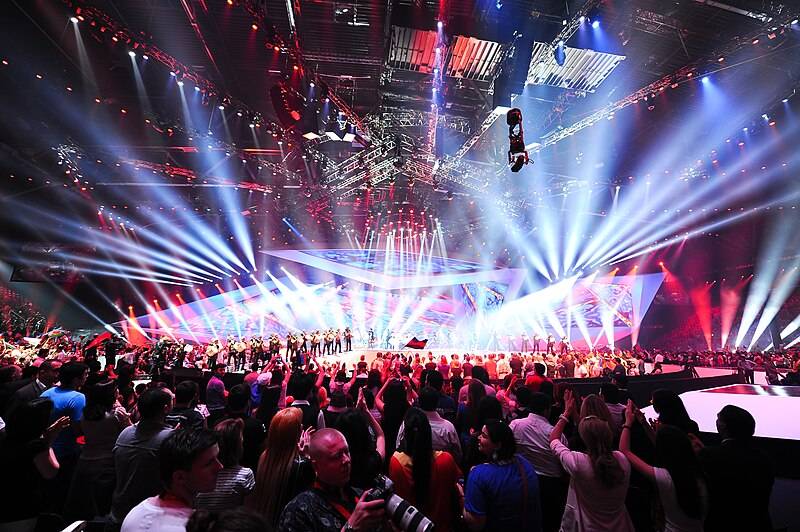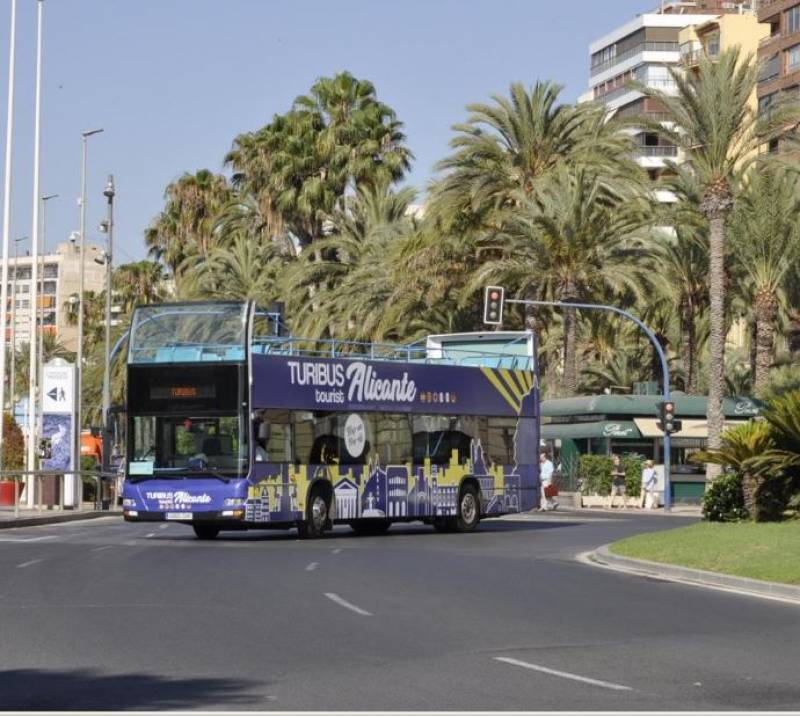
To be listed on the CAMPOSOL TODAY MAP please call +34 968 018 268.
article_detail
Date Published: 17/09/2025
Spain to boycott Eurovision 2026 if Israel competes, joining Ireland and others
Four countries have already withdrawn, now Spain is first Big Five member to threaten exit
 The Eurovision Song Contest 2026 is facing a major challenge as several countries oppose Israel’s participation due to the ongoing conflict in Gaza. To date, four countries have officially confirmed they will withdraw if Israel takes part next May in Vienna:
The Eurovision Song Contest 2026 is facing a major challenge as several countries oppose Israel’s participation due to the ongoing conflict in Gaza. To date, four countries have officially confirmed they will withdraw if Israel takes part next May in Vienna:- Slovenia
- Iceland
- Ireland
- The Netherlands
Spain has joined them, becoming the first member of the “Big Five,” which includes Spain, the United Kingdom, Germany, France, and Italy, to formally threaten withdrawal. These five countries are Eurovision’s biggest financial contributors and benefit from automatic qualification to the final, making Spain’s move historic. Unlike smaller nations, the Big Five do not compete in the semi-finals, which guarantees them direct entry to the grand final.
Spain’s Culture Minister Ernest Urtasun stated: “We have to ensure that Israel does not take part in the next edition of Eurovision.” Ireland’s broadcaster RTÉ called Israel’s participation “unacceptable” under the current circumstances. These broadcasters argue that continuing alongside Israel contradicts Eurovision’s values amid the humanitarian crisis in Gaza.
The United Kingdom, another Big Five member, has not announced withdrawal, but is under increasing pressure. BBC Director General Tim Davie stressed Eurovision “has never been about politics,” calling it a celebration of music and culture that brings people together. However, calls for a boycott from politicians and public figures continue to grow.
The controversy surrounding Israel’s participation echoes previous politically motivated bans. Russia, for example, was excluded from Eurovision following its 2022 invasion of Ukraine, and Belarus was also barred. This precedent has bolstered arguments from broadcasters in Slovenia, Ireland, the Netherlands, and Spain that Israel’s presence clashes with the festival’s values amid the violence in Gaza.
Israel’s involvement in Eurovision dates back to 1973, when the country debuted despite ongoing regional tensions. Eurovision rules allow any country with a public broadcaster within the European Broadcasting Area, which includes parts of the Middle East, to compete. Israel has won the contest four times, but its presence has often been a politically sensitive issue, with many Arab nations historically boycotting the contest due to Israel’s inclusion.
The European Broadcasting Union (EBU) will decide in December whether Israel will be permitted to compete in 2026. Participating broadcasters have until mid-December to confirm their involvement. The 70th Eurovision Song Contest is scheduled to take place in Vienna, Austria, with semi-finals on Tuesday 12 May and Thursday 14 May, followed by the grand final on Saturday 16 May 2026.
With multiple countries threatening to exit, Eurovision faces a difficult choice between maintaining its tradition of inclusivity and responding to geopolitical realities.
As the contest nears its 70th anniversary, this crisis puts Eurovision’s core mission to unite through music under intense pressure.
Image: wikicommons
Loading
Sign up for the Spanish News Today Editors Roundup Weekly Bulletin and get an email with all the week’s news straight to your inbox
Special offer: Subscribe now for 25% off (36.95 euros for 48 Bulletins)
OR
you can sign up to our FREE weekly roundup!
Read some of our recent bulletins:
Discount Special Offer subscription:
36.95€ for 48 Editor’s Weekly News Roundup bulletins!
Please CLICK THE BUTTON to subscribe.
(List price 3 months 12 Bulletins)
Read more stories from around Spain:
Contact Murcia Today: Editorial 000 000 000 /
Office 000 000 000



























